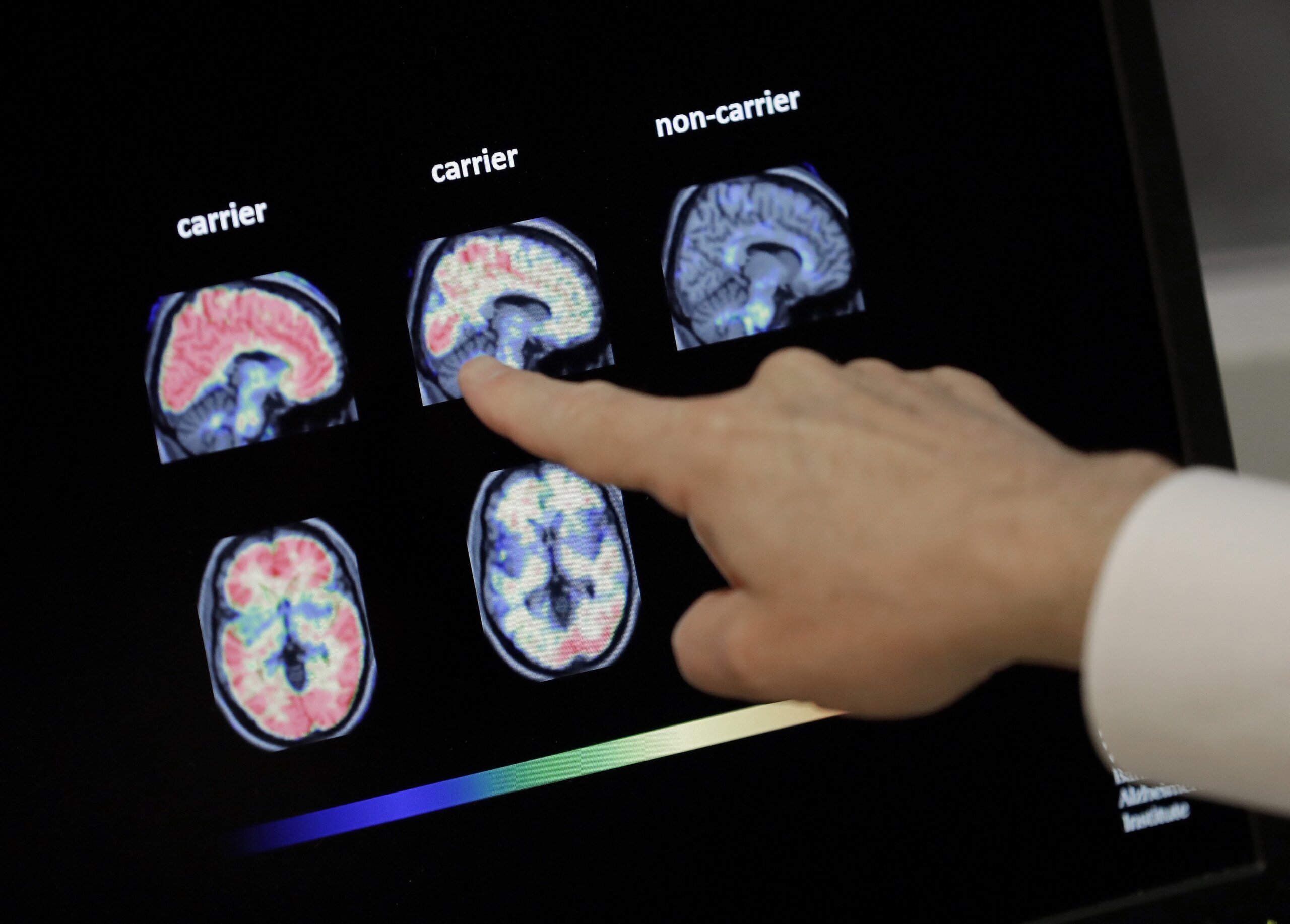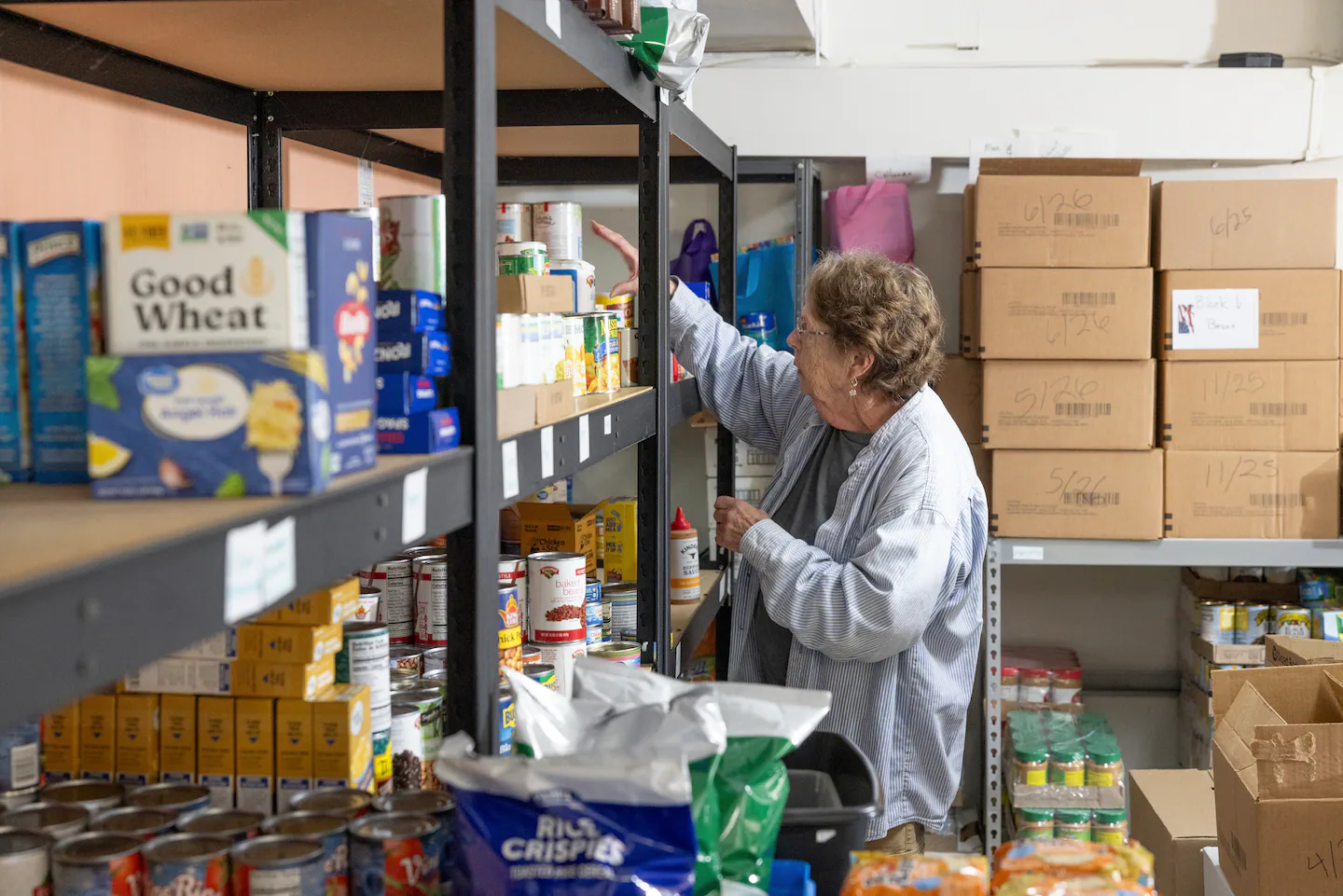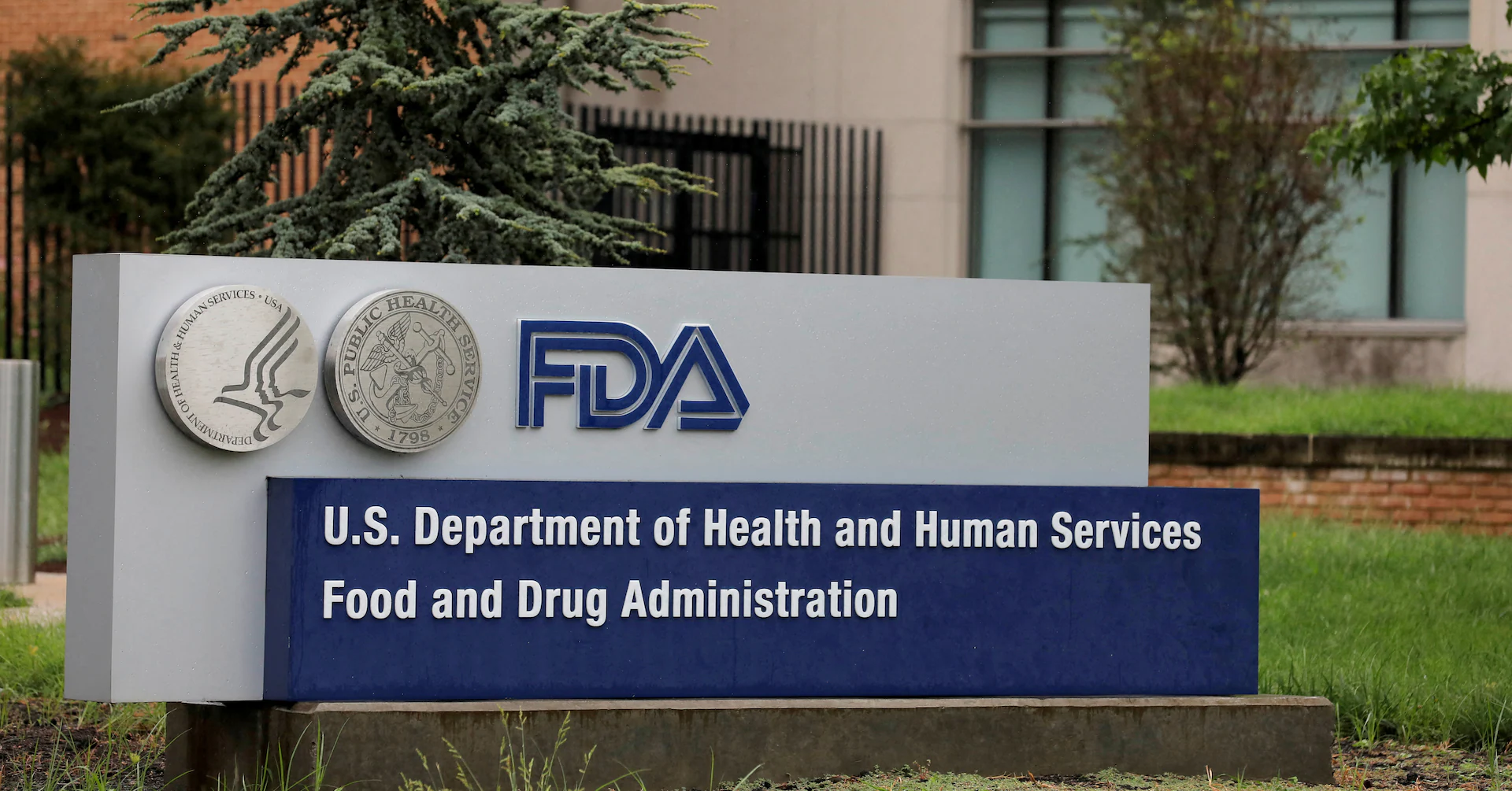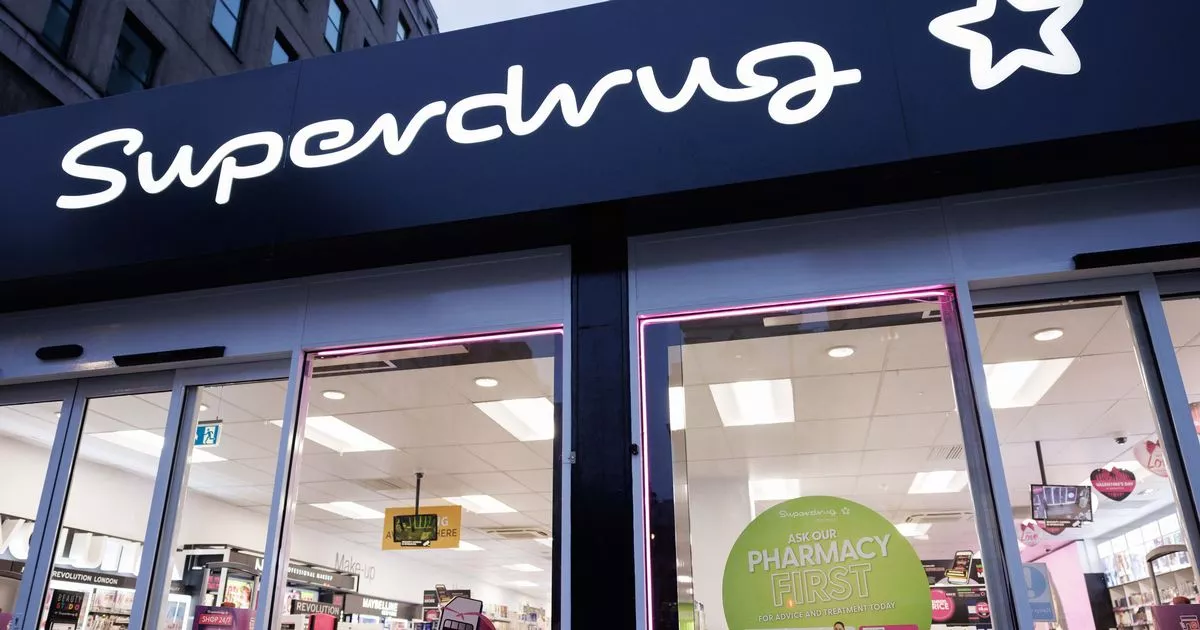
Treatment for addiction could be a lifelong journey. Now, doctors in Virginia are experimenting with an incision-free brain procedure that might help.
Focused ultrasound was pioneered at UVA Health to treat essential tremor and Parkinson’s disease.
“What we wanted to find was a treatment that can target those deep areas, like deep brain stimulation, but also be non-invasive,” said Dr. James Mahoney, an associate professor and clinical neuropsychologist at the University of Virginia School of Medicine.
He said they’re researching the ability to use focused ultrasound on patients with addiction and substance use disorders.
“By being able to target those areas of the brain, which are really the center of the reward circuit, this can work for multiple substances and multiple types of addictions,” he said.
Mahoney said patients will have to wear a special helmet that has thousands of transducers that stimulates certain areas of the brain with ultrasound.
“Everything is MRI focused,” he said. “So we take a picture of the individual’s brain, and then we match it with the helmet … and by matching up kind of where the transducers are in the area of the brain that we want to target.”
In trials, they’re seeing one course of the 20-minute treatment go a long way.
“We’ve seen not only a reduction in craving — which is what we were really targeting, what we were trying to reduce — but we were also seeing those functional changes as well, and that was after a single treatment of focused ultrasound. So very positive results,” he said.
Dr. Daisy Thompson Lake, an assistant professor and a clinical neuroscientist at the University of Virginia School of Medicine, said it will most likely be used in combination with other treatments for substance abuse.
“We certainly don’t believe this is pop into a clinic, have a quick focused ultrasound, and you never want drugs again. Because there’s so many different reasons people become addicted, and there’s also so many different reasons that people might go back to drug use,” she said.
While the treatment program is not currently in practice for the public, Mahoney said they’re working on getting regulatory requirements fulfilled.
“The hope is to make it so that we’re able to get a scalable version of this out to the public as soon as possible,” Mahoney said. “I don’t think it’s on the too-distant horizon.”
Get breaking news and daily headlines delivered to your email inbox by signing up here.
© 2025 WTOP. All Rights Reserved. This website is not intended for users located within the European Economic Area.



